Herbalist cooks up a witchy brew of a PhD
16 May 2025
Inspired by the book Braiding Sweetgrass, herbalist Alice McSherry has created a literary account of engaging with plants via ceremony, ritual and reflection.
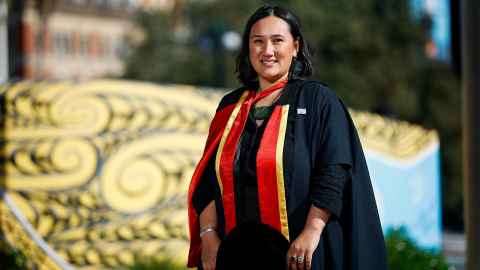
As with Robin Wall Kimmerer’s bestseller, the overarching goal is to heal humanity’s relationship with nature through ancestral and Indigenous knowledge.
Descended from the Naxi, Indigenous people in the southwest of China who are famous for possessing the world’s last living hieroglyphic language, Alice was born in Aotearoa New Zealand and learned herbal lore – including the healing properties of cannabis – from her Chinese mother and grandmother. She has a Pākehā father of Irish descent.
In an unusual experimental project in the field of earth (environmental) humanities, the School of Environment geography student devoted herself to ten plant species over ten cycles of the moon. Nine were found near her Waiheke home – mugwort, kawakawa, nettle, dandelion, chickweed, motherwort, yarrow, plantain, and common mallow – and one was sourced from elsewhere: cannabis.
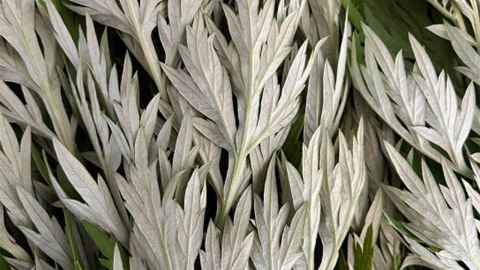
She elevated “old ways” of knowing plants, drawing on the pre-colonial and non-western practices of the likes of healers, shamans, witches, and her grandmother, born in China, who was an illiterate, albeit expert herbalist.
Chewing on chickweed, meditating beside plantain, drinking cannabis leaf tea, and watching dandelion leaves unfurl day by day, Alice recorded her responses to each plant – physical, mental, emotional, spiritual and in her dreams – to learn directly from the plants, just as generations of healers have done before her.
The process, which also involved prayers, invocations, and plant altars – a degree of “witchiness” – inspired creative (reflective) stories relating to each plant which feature as vignettes in her thesis.
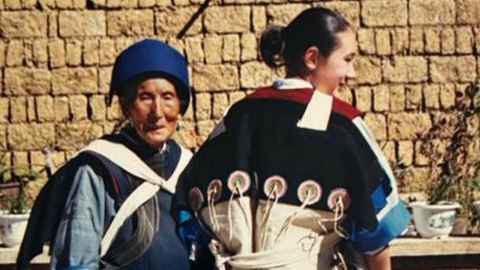
Unfolding evidence of the sophistication of plant-to-plant communication via chemical signals has amazed the world and prompted a minority of researchers to argue, controversially, that plants are “sentient”.
For Alice, plants are sentient and sacred.
Key aspects to her thesis are:
- How Indigenous worldviews of more-than-human kinship and the interdependence of all systems (social and ecological) are vital to Earth’s flourishing
- Reconnecting people, plants, and place via a lens of plant sentience and taking seriously that plants are more than just objective 'things'
- The revaluing of marginalised systems of knowing the ‘environment’
- The crucial role that reclaiming ancestral practices has in cultivating ecological cultures into the future
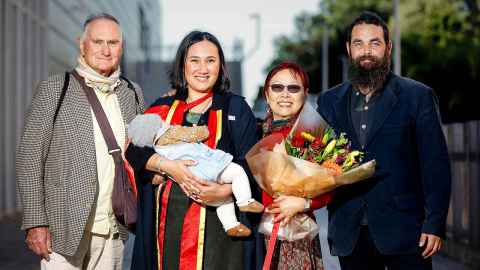
The six-year PhD spanned the Covid-19 lockdowns, Alice caring for her ailing grandmother, and other life pressures forcing a reduction to part-time study.
All at once, in early 2024, her grandmother died, she defended her PhD, and she discovered she was pregnant with her daughter Huia.
“I’m a firm believer that you can never really separate the researcher from the research… so the PhD and the rest of life’s demands flowed with each other,” she says.
“Of course, old chapters close and new chapters begin… this PhD is now woven into my life’s tapestry and continues to inform my work inside and outside of the University. As an Indigenous scholar, I am intimately aware of how our cultures only stay alive through practice… so onwards we go, living them into being for the future generations to come.”
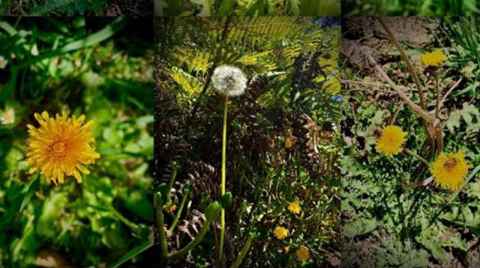
What would she say to people who scoff at her project?
“It’s a bit of a far shot, but really, it’s a matter of life and death. If we are to thrive as a species, we must renew our commitment to an Earth mind and ethic,” Alice says. “Recognising that we, as humans, are nature too allows us to rethink our responsibility to Earth as kin dwelling in sacred relations of interdependence.”
Robin Wall Kimmerer said, "all flourishing is mutual". Alice’s thesis journey was an attempt to put this concept into practice at the scale of “my own history and place”. She highlights the “search” in research – “we, as researchers, must look for the gaps, listen to what has not been listened to before, be curious and be humble in our knowing.”
Media contact
Paul Panckhurst | science media adviser
M: 022 032 8475
E: paul.panckhurst@auckland.ac.nz